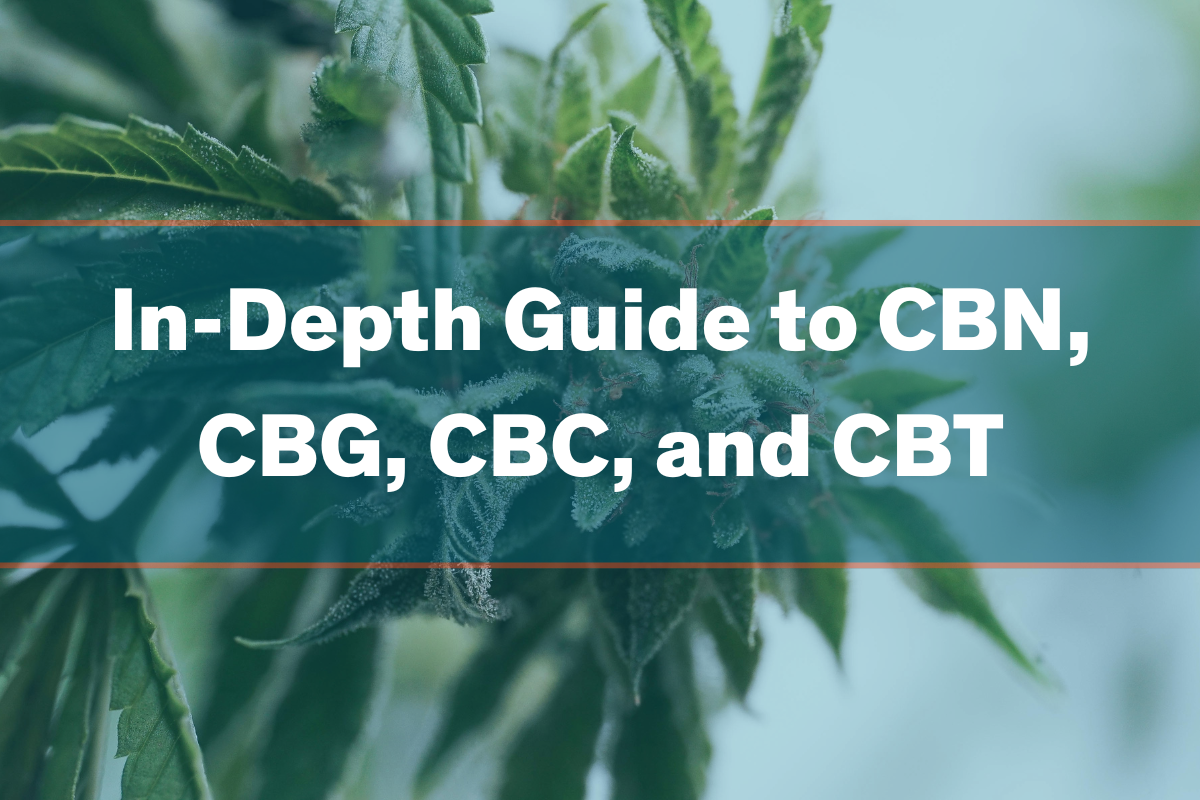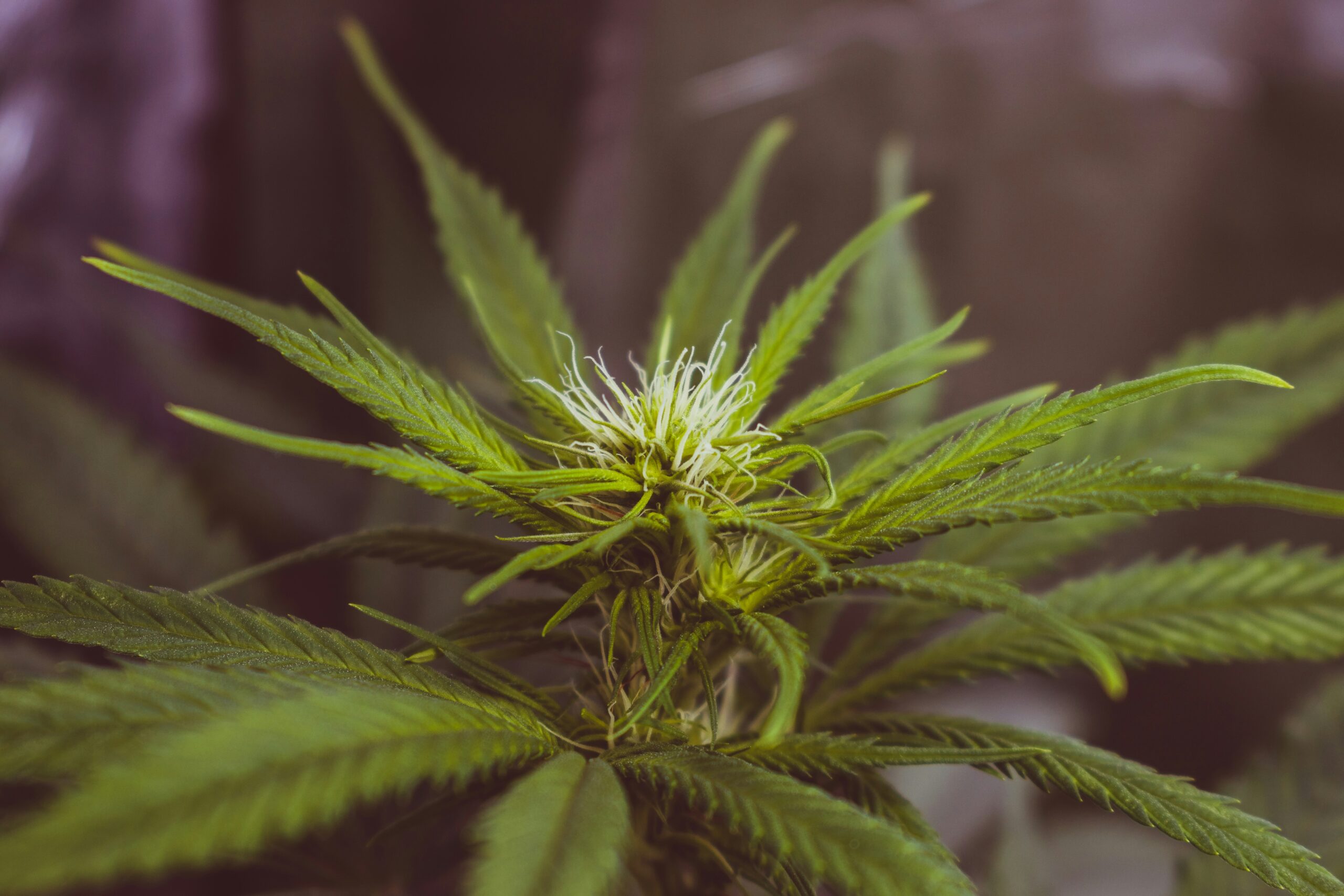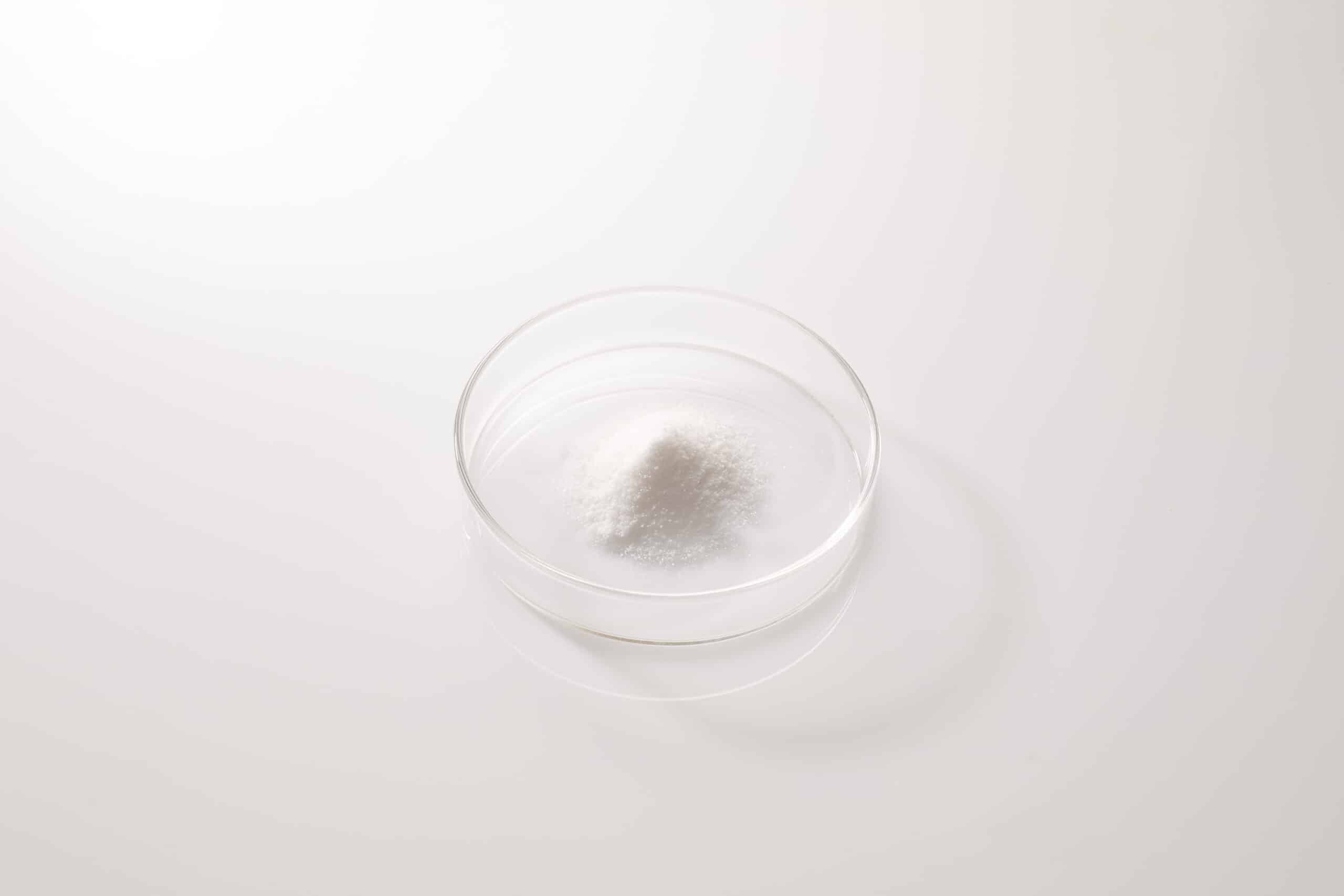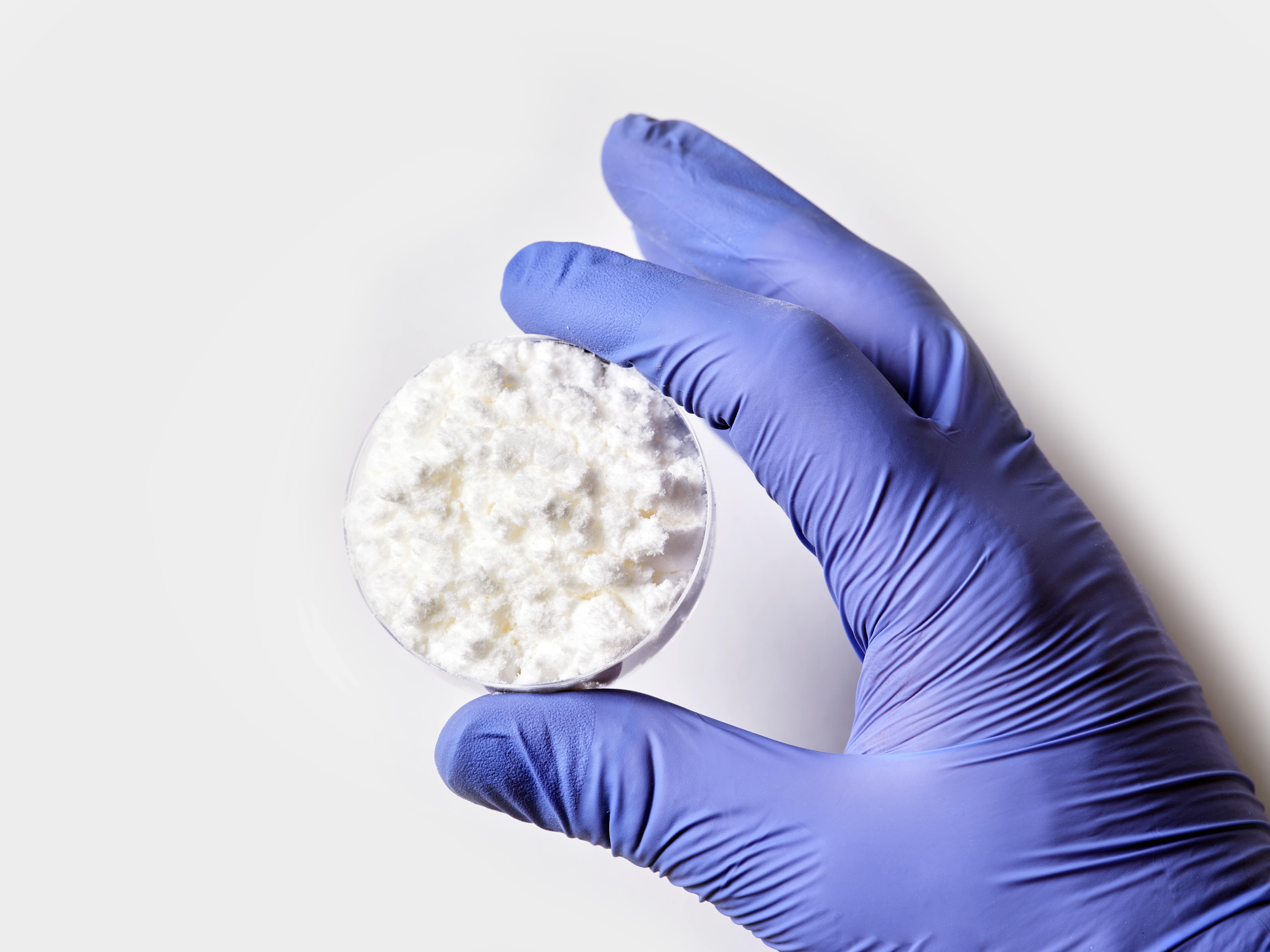Hemp is an incredibly complex plant. One of its myriad functions is to remediate soil by removing toxins. The hemp plant retains these toxins, which can then be unknowingly ingested.
That’s only one of the problems related to mislabeling that are rampant within the modern hemp industry. Shoppers understandably want to know what is in their CBD products, but since the federal government doesn’t compel them to, many CBD brands don’t provide genuine information.
According to recent Leafreport data, over half of Cannabinoid products have mislabeling. Find out what that means and how to avoid mislabeled products in this guide.
Overview of the issue
CBD may seem mainstream now, but it still exists within an entirely unique legal and regulatory environment. Let’s summarize CBD’s regulatory status in bullet points:
- The 1971 Controlled Substances Act made CBD illegal since it is part of Cannabis sativa.
- The 2014 Farm Bill provided for legal CBD under very specific circumstances, inadvertently opening a legal loophole that founded the online CBD industry.
- The 2018 Farm Bill expanded on previous legislation to allow widespread hemp cultivation and commerce in the United States — provided that CBD products contain less than 0.3%.
- Federal law does not mandate testing for CBD products before they reach the market.
- Individual brands can either choose to properly test their products or not, leading to serious quality control concerns.
The latest Leafreport data
Now, we’ll turn to Leafreport to provide more data on CBD product testing in the United States. According to a document entitled “CBD Market Report: Over Half of CBD Products Are Mislabeled¹,” CBD mislabeling remains rampant in the United States.
Out of the 221 products that Leafreport tested, only 40% actually contained the amount of CBD listed. Many products contained isolate CBD despite being labeled as full-spectrum or listed with a different type of CBD.
Only 88 of the 221 CBD products tested earned an overall “A” grade for testing. 50 products (22%) earned a “B” grade, and 10% (21) earned a “C” grade.
What’s truly shocking, though, is the number of tested CBD products that utterly failed to match their stated potency. Leafreport discovered 62 products that were deserving of an “F” grade — 28%.
Let’s take a closer look at the most important findings Leafreport included:
- 60% of CBD products tested were at least 10% off from their stated potency
- The average CBD product was 25% off from its stated potency
- Beverages had the worst labeling, with only 18% listing correct potency, and two products containing no CBD at all.
- 44% of products labeled as broad or full-spectrum actually contained isolate CBD
After providing the raw statistics, Leafreport turned to experts in the field for their opinions. One expert noted that, when it comes to CBD, “there is no reason for a consumer to purchase a product that has not been tested.” Another chimed in that the problem with CBD testing is “made worse by businesses that don’t follow basic aspects of quality control.” A third expert hoped to see “more accuracy and regulation around testing practices and product labeling” as the industry evolves.
Experts agree that inaccurate labeling is one of the biggest safety and credibility challenges in the CBD industry. CBD brands should focus heavily on transparency and testing to succeed as credible professionals in the industry.
Why cannabinoid product mislabeling matters
All too often in the CBD industry, there is a sense of unearned entitlement. Why should we have to prove to customers that our products are safe? We worked so hard to make them, after all.
Shoppers expect more than a simple “trust us.” They’re accustomed to ironclad assurances from agencies like the FDA confirming product safety and quality.
Since the FDA doesn’t opine on CBD product safety yet, it’s incumbent upon CBD producers to fill the assurance gap. CBD companies must ensure shoppers feel safe buying their products; it’s not the consumer’s job to test for safety.
Continued mislabeling of cannabinoid products will lead educated consumers to view the CBD industry as untrustworthy and unprofessional. CBD producers can use Leafreport’s results to improve transparency and labeling, boosting their success while enhancing the industry’s reputation.
Reliable products gain shopper trust
The CBD industry has faced growing pains but now holds legitimacy similar to other major natural health sectors. CBD commands respect like melatonin or arnica but struggles with challenges in regulation and testing.
A lack of proper testing enables deceptive practices and prevents CBD producers from fully understanding their products’ reliability. As a result, inconsistent batch quality can disappoint shoppers over time, even with identical lab tests for multiple batches.
Savvy shoppers now recognize the importance of batch-specific testing, emphasizing the need to modernize and increase CBD industry transparency. While CBD has shown lasting influence, poor labeling practices will drive consumers away if the industry stays unaccountable.
How to use mislabeling to your advantage
As shoppers grow aware of mislabeled cannabinoid products, companies with accurate labeling will gain more trust. If your products are properly tested and labeled, confidently share that information with shoppers.
This highlights the clear advantages of partnering with a CBD white labeler. Since they manage larger operations with better equipment, it’s easier for white labelers to accurately test their CBD products. Cannabinoid products from a CBD private labeler come fully tested and ready for sale, offering assurance without added cost.
In general, we should promote proper, accurate labeling throughout the CBD industry. While some companies tarnish CBD’s reputation with subpar products, offering shoppers a superior option is always a positive step.
Cannabinoid product mislabeling FAQ
Learn more about the details and dangers of cannabinoid product mislabeling below:
1. How many CBD products are mislabeled?
According to recent data from Leafreport we’ve commented on previously, only 7% of CBD companies properly test for contaminants, and only 40% of CBD products match their labeled potency. Overall, it’s safe to say that the majority of CBD products are either untested, mislabeled, or both — posing significant concerns for shoppers.
2. How accurate are CBD labels?
On average, CBD labels are not particularly accurate. In some cases, consulting lab reports provided by the brand can be helpful, but these reports can be falsified or inaccurate. The most surefire way to confirm the accuracy of a CBD product label is to have the product tested by an independent lab and to buy your products from a reputable brand who works with industry leading manufacturers, like GVB.
3. What are the labeling requirements for CBD products?
There are no federal labeling requirements for CBD products, and most states also do not impose labeling requirements for CBD products sold within their borders. The only “requirement” that CBD companies have to test their products is their reputation — educated shoppers will only trust CBD companies that test their products, and shoppers are becoming more educated on CBD all the time.
4. Do you need FDA approval to sell CBD?
No, FDA approval is not required to sell CBD products. The vast majority of CBD products, in fact, are not even eligible for FDA approval. As a result, approval from this federal organization is not the type of credential you should be looking for when determining the safety of CBD products.
5. Is there an FDA warning about CBD?
The FDA has issued numerous warnings to CBD products for mislabeling their products or making illegal claims. This federal agency has not issued any warnings to consumers, however, specifically regarding any potential dangers posed by CBD.
6. How do you know if CBD is real?
One of the best ways to determine if a CBD product is genuine is to check the lab report for the specific product in question. You’ll need to make sure that the report is for the product’s unique batch and that it was issued by a credible lab.
If you still have concerns about the authenticity of a CBD product, you may want to bring it to a lab for further testing yourself. You can avoid all the hassle, though, simply by sourcing your CBD from a reliable, large private labeling company.
Sources
1. Oleinik, G. (2022). CBD Market Report: Over Half of CBD Products Are Mislabeled. www.leafreport.com. https://www.leafreport.com/education/cbd-market-report-over-half-of-cbd-products-are-mislabeled-15084






